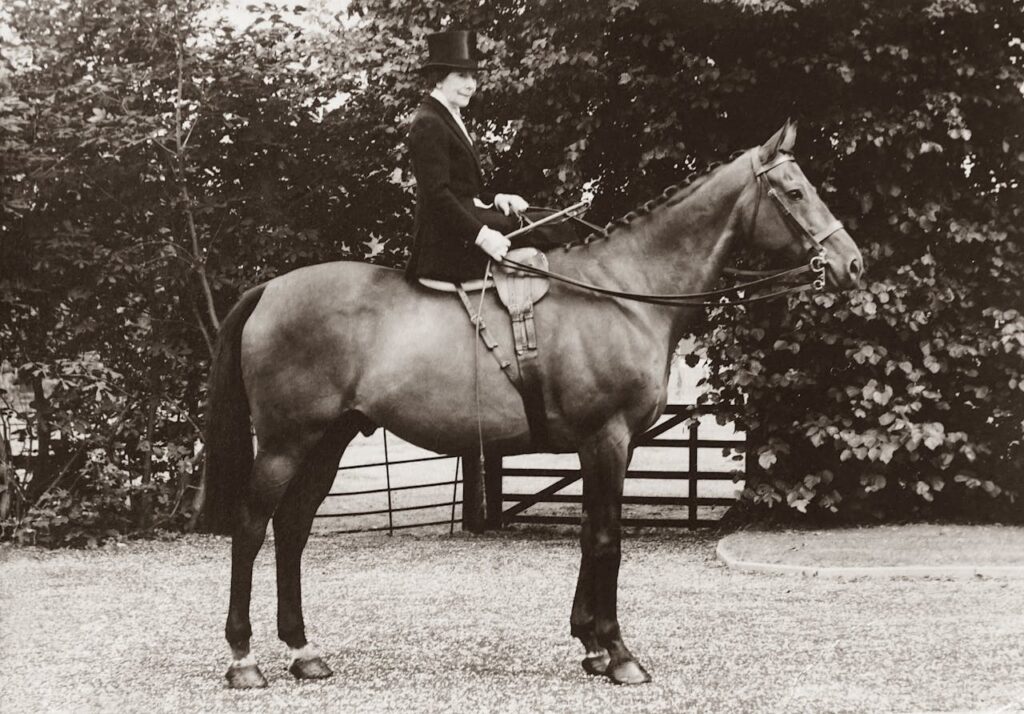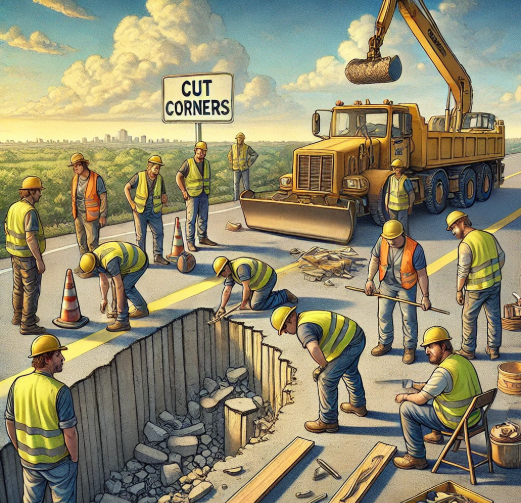Meaning: To make a situation more confusing or complicated, often to obscure the truth or make things unclear. It can refer to actions or comments that add confusion or create uncertainty.
Usage in Example Sentences:
- “His vague statements only served to muddy the waters and make the issue harder to resolve.”
- “Don’t muddy the waters with irrelevant details; we need to stay focused on the main problem.”
- “The new policy change muddied the waters of our strategy, causing frustration among the team.”
Origin:
The phrase comes from the idea of water becoming murky or unclear when stirred up with mud, making it difficult to see through. This metaphor was likely used to describe situations where added complexity or confusion obscures clarity or understanding.










